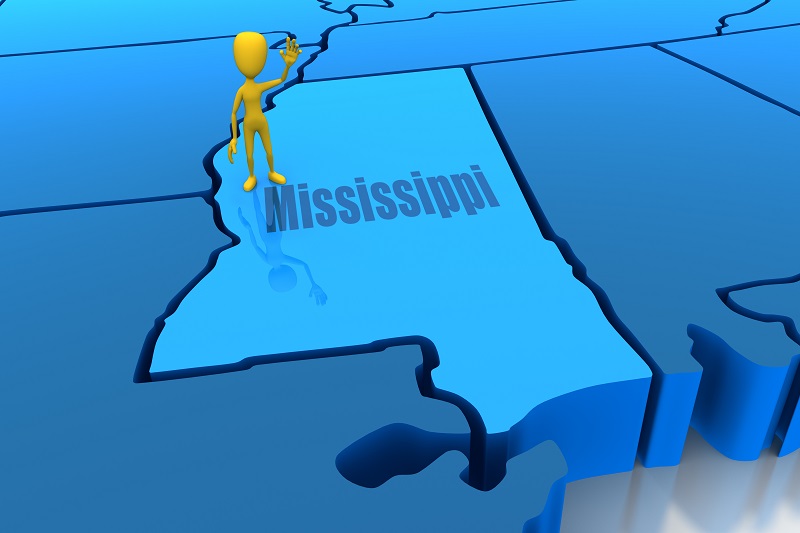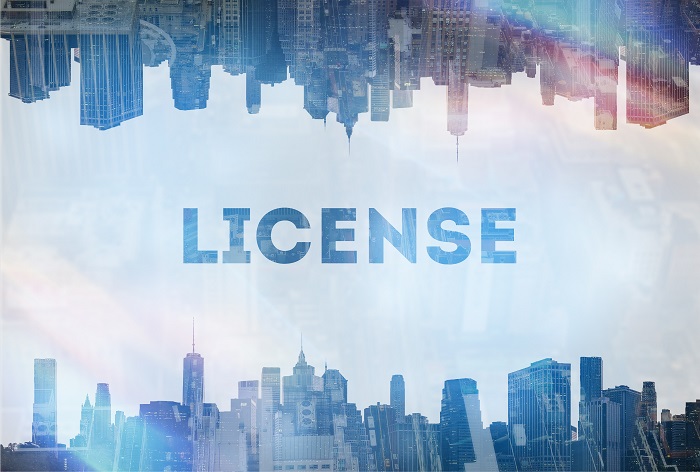Instead of introducing one all-encompassing bill addressing consumer data privacy issues, legislators in Wisconsin have introduced three consecutively-numbered privacy bills.
Posts published in “Compliance Management”
Rhode Island S 2430 is titled the “Consumer Privacy Protection Act” and has a number of provisions similar to the California Consumer Privacy Act, though the annual gross income threshold is much lower.
Although just over five pages in length (excluding the cover page and three-page summary), New Jersey S269 is not your garden-variety piece of privacy legislation and is packed with plenty of weedy issues.
Legislators in Mississippi recently introduced SB 2548. the "Mississippi Consumer Data Privacy Act." The bill contains provisions similar to the California Consumer Privacy Act but goes further than the CCPA with a lower annual gross revenue threshold, applying to any for-profit business, or any entity that controls or is controlled by such a business, that does business in Mississippi.
Illinois SB 3299 and HB 5603 are nearly identical and would create the “Consumer Privacy Act.”
Idaho HB 425 was introduced on Feb. 6, 2020, to address the perceived issue that “current Idaho law enables excessive attorney's fees and fails to provide judges with clear guidance to combat abuses of the collections process.” This proposed law would apply to “any person” and does not limit its application to debt collectors.
Consumer data privacy appears to be on the minds of legislators in Arizona this session. As previously mentioned, House Concurrent Resolution 2013 was introduced in Arizona on Jan. 10, 2020, by five Republicans and one Democrat declaring: That the Members of the Legislature oppose the enactment of laws, the adoption of regulations or the imposition of out-of-state standards that would restrict or otherwise dictate standards related to consumer data privacy, absent a clear nexus with consumer harm. That the Members of the Legislature believe a single federal standard for comprehensive consumer data privacy regulation is preferable to a state-by-state approach. Not…
Like many states across the U.S., Hawaii and Maryland have introduced new privacy legislation this year geared toward protecting consumers' personal information.
As California Attorney General Xavier Becerra advises consumers of all their new rights under the California Consumer Privacy Act (CCPA), multiple states are introducing their own privacy acts, some of which are remarkably similar to the CCPA. The most-watched privacy legislation is perhaps in Washington State, described below, which very nearly passed its Privacy Act last year.
New York Gov. Andrew Cuomo has proposed a bill to license consumer debt collectors. The proposal comes as part of the governor’s 2021 “budget bill” and was introduced on Jan. 21. A copy is available here. The bill proposes an effective date of Oct. 1, 2020.
The U.S. Court of Appeals for the Sixth Circuit recently affirmed a district court’s finding that a consumer lacked standing to pursue a lawsuit alleging that collection notices sent by a law firm violated the FDCPA because no attorney with the firm conducted a meaningful review of his debts.
Effective Jan. 15, 2020, the Consumer Financial Protection Bureau increased the maximum civil monetary penalty it can impose within its jurisdiction. The increases are required by federal law, which requires agencies to adjust for inflation each civil monetary penalty within an agency’s jurisdiction by Jan. 15.












